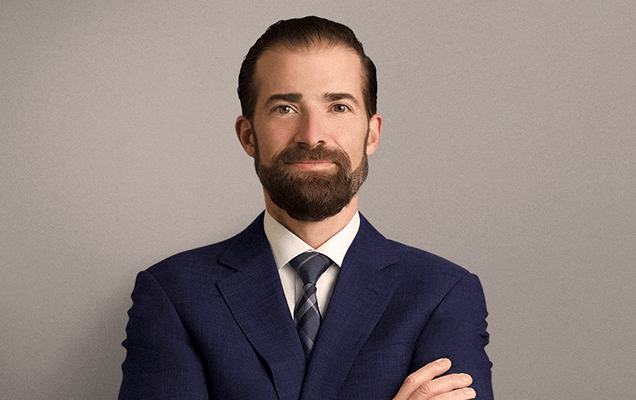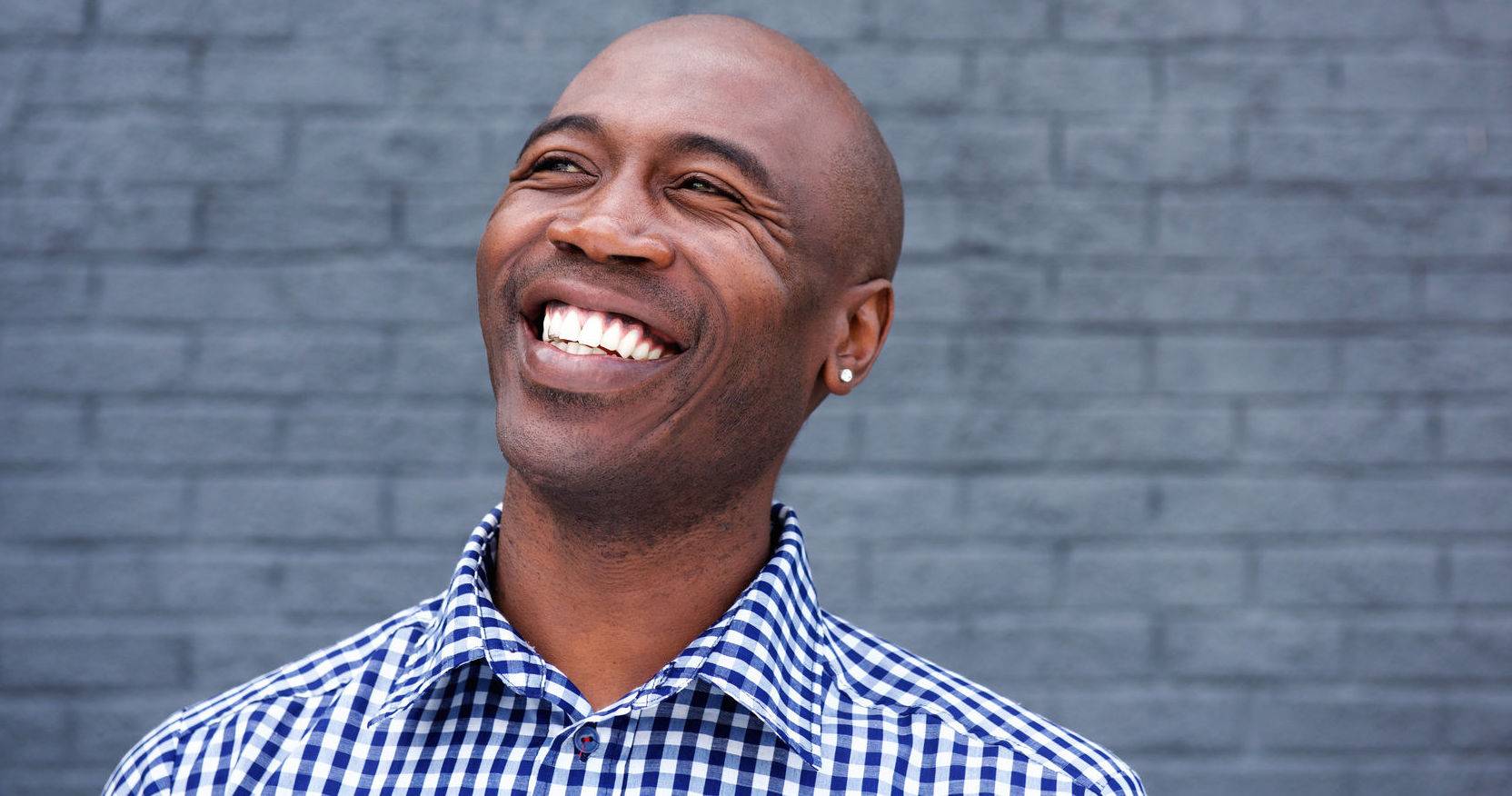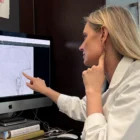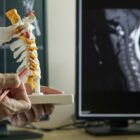As you are learning more about your upcoming vestibular schwannoma surgery, it can be helpful to understand what to expect during the recovery process. This can serve multiple purposes.
First, by knowing what you may encounter in the time following your surgery, you can plan and make arrangements ahead of time to allow you to focus more on your recovery. Additionally, simply having an idea of what the future holds can help set your mind at ease, reducing this potentially stressful time.
The following information will help outline the recovery process following vestibular schwannoma surgery at a very general level. It’s important to understand that your individual experience may vary and your doctor will be able to give you a more specific idea of exactly what to expect with your unique condition.
About Vestibular Schwannomas
The vestibulocochlear nerve is the cranial nerve responsible for hearing and balance and vestibular schwannomas are tumors that arise from the cells that cover the nerve. This is why these tumors can result in symptoms that affect hearing, balance and coordination.
These tumors are benign, which means they are noncancerous and do not spread to other areas of the body or invade local tissues. However, they can still be problematic by growing large enough to press on nearby structures, such as the brain stem, at which point they typically require vestibular schwannoma treatment.
Overview of Vestibular Schwannoma Surgery
Vestibular schwannoma surgery takes place within a hospital setting while you are under general anesthesia. The first step is a craniotomy, the removal of a small section of skull, so the surgeon can access the location of your tumor. He or she will remove as much of the tumor as possible, taking care to disturb as little of the surrounding tissues as possible.
Because of the location of vestibular schwannomas, there are many important nerves nearby. Sometimes removing an entire tumor increases the risk of hearing loss or facial weakness, because it is so close to the responsible nerves. If so, your surgeon may choose to leave some of the tumor behind and use radiation therapy following surgery to eradicate any remaining cells.
Once all or part of the tumor has been removed, the vestibular schwannoma surgeon will replace the bone removed during the craniotomy and secure it in place using small screws and/or plates. Sutures or staples will be used to close the incision site, and your recovery process will begin.
Vestibular Schwannoma Surgery Recovery Time
As you review the following information, keep in mind that your experience may vary and that your vestibular schwannoma surgeon will be able to give you more individualized expectations. However, the following guidelines will apply to most patients at a high level and will help you have a better idea of what you may experience during your recovery period.
We are more than surgeons,
we are your support system.
Immediately After Surgery
Immediately following your procedure, you will be moved to a special room as you recover from your anesthesia. Your healthcare team will monitor your breathing, blood pressure and heart rate, keeping close watch until they have determined you are stable and ready to be transferred to your hospital room.
In the Hospital
Most patients can expect to spend approximately three days in the hospital following vestibular schwannoma surgery, though again this depends on your individual condition. During this period, you will be monitored for any signs of complications. Once your doctor determines you are ready, you will be released to begin your recovery at home.
At Home: The Weeks Following Surgery
When you return home, your doctor will give you a list of activity restrictions, including things like avoiding strenuous activities or heavy lifting. This may mean that you cannot perform activities you may not have previously considered, such as household chores, childcare and running errands. It can be helpful to arrange for assistance with these activities beforehand, especially during your first couple of weeks of recovery.
After approximately two weeks, your pain will likely lessen and your doctor may transfer you from narcotic pain medications to acetaminophen. Around this two-week point, you can expect to see your doctor for a follow-up visit for suture/staple removal and to reassess your activity restrictions.
At Home: The Months Following Surgery
Most patients are able to return to work and most pre-surgery activities within 6-12 weeks. You may still experience residual symptoms in the months following your vestibular schwannoma treatment, including headaches, facial muscle weakness, dizziness, or vision and/or hearing difficulties. Your doctor will evaluate your progress during continuing follow-up visits and may refer you to a physical therapist or audiologist if complications do not resolve.
Your Personal Vestibular Schwannoma Recovery Time
After reading these general guidelines, it’s important that you keep two things in mind during your recovery process. First, your vestibular schwannoma recovery time may vary, depending on your individual condition and health history. Do not be discouraged if your recovery seems to be different than these guidelines. The healing process takes time and varies from patient to patient.
Second, your doctor is going to give you activity restrictions to help you heal as quickly and completely as possible. Never exceed these limitations, even if you feel like you are physically capable. Instead, consult with your doctor and discuss how you are feeling. He or she may adjust your restrictions if you are ready. The body requires time to heal and any limitations are designed to give your body a chance to recover from the stress of surgery.
If you have any further questions or concerns, be sure to bring them up with your doctor. He or she will be able to answer them and discuss the information you learned here today in relation to your individual condition.

About Dr. Anthony D'Ambrosio
Dr. Anthony D'Ambrosio is an accomplished neurosurgeon in North Jersey and a proud member of Neurosurgeons of New Jersey practicing primarily out of their Ridgewood office conveniently located on East Ridgewood Avenue. Dr. D’Ambrosio focuses his clinical practice on brain tumors, nervous system disorders, and facial pain disorders. He has expertise in a variety of complex surgical and radiosurgical techniques as well as minimally invasive procedures intended to successfully treat complex diseases of the brain. These techniques include micro-neurosurgery, microvascular decompression surgery and Gamma Knife radiosurgery. He's authored over 25 peer-reviewed journals and is the recipient of many awards.






